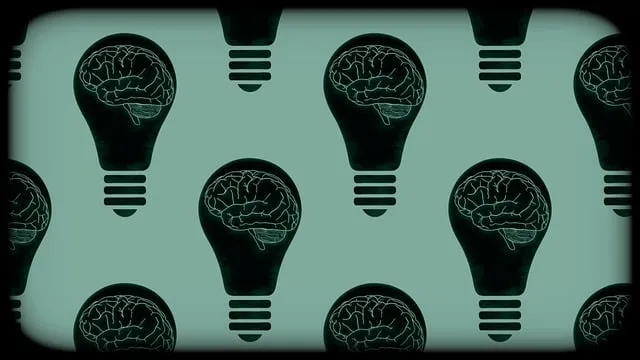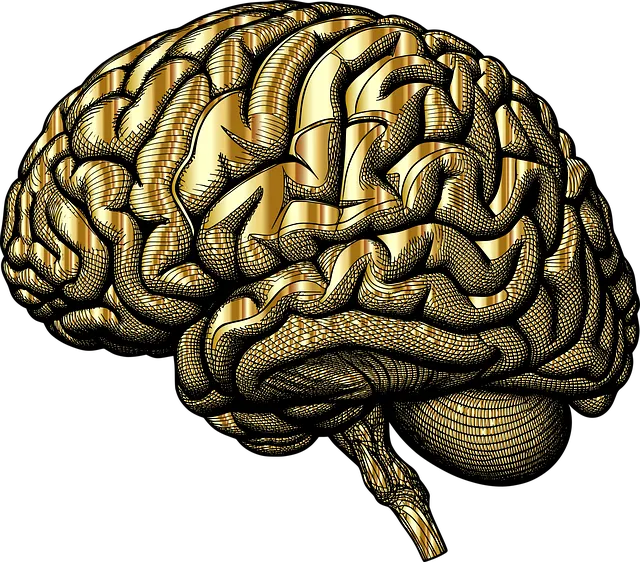The Kaiser Permanente behavioral health center in Littleton faces diverse challenges in mental illness diagnosis due to a heterogeneous patient population. To address this, they employ a multi-faceted approach integrating positive thinking, anxiety relief techniques, and evidence-based practices. Comprehensive training programs enhance diagnostic accuracy by providing advanced knowledge and skills. The center utilizes AI algorithms, emotional intelligence training, and patient-centered approaches, including mental wellness coaching and community outreach, to improve diagnoses and personalized treatment planning. Through Continuous Quality Improvement initiatives, they refine processes based on patient outcomes and feedback, further enhancing their mission of promoting anxiety relief and overall mental wellness.
Mental illness diagnosis accuracy is paramount in effective treatment. At Kaiser Permanente Behavioral Health Center Littleton, challenges in diagnostic accuracy highlight the need for continuous improvement. This article explores strategies aimed at enhancing diagnosis precision, focusing on comprehensive training programs, advanced assessment tools, patient-centered approaches, and successful quality improvement initiatives. By delving into these efforts at a leading healthcare provider like Kaiser Permanente Littleton, we gain insights that could revolutionize mental health diagnosis globally.
- Understanding Diagnostic Challenges at Kaiser Permanente Behavioral Health Center Littleton
- The Role of Comprehensive Training Programs in Enhancing Diagnosis Accuracy
- Leveraging Advanced Assessment Tools and Technologies
- Patient-Centered Approaches for More Effective Mental Illness Diagnosis
- Continuous Quality Improvement Initiatives: Lessons from Kaiser Permanente Littleton's Experience
Understanding Diagnostic Challenges at Kaiser Permanente Behavioral Health Center Littleton

The Kaiser Permanente Behavioral Health Center Littleton faces unique challenges when it comes to mental illness diagnosis due to the complexity and diversity of its patient population. With a wide range of cultural backgrounds, age groups, and co-occurring conditions, accurately assessing and diagnosing mental health disorders can be intricate. The center’s commitment to improving diagnostic accuracy involves a multi-faceted approach.
One key strategy is integrating positive thinking and anxiety relief techniques into the assessment process, recognizing that these factors significantly influence patient presentations. By offering crisis intervention guidance and incorporating evidence-based practices, the center aims to enhance diagnostic precision. This includes utilizing advanced assessment tools tailored to individual needs, ensuring a comprehensive understanding of each patient’s unique circumstances and experiences.
The Role of Comprehensive Training Programs in Enhancing Diagnosis Accuracy

Comprehensive training programs play a pivotal role in enhancing the accuracy and reliability of mental illness diagnoses at healthcare centers like the Kaiser Permanente behavioral health center in Littleton. These programs are designed to equip mental health professionals with advanced knowledge, practical skills, and up-to-date research insights specific to various mental health conditions.
By incorporating modules on risk management planning for mental health professionals, these training initiatives also foster a culture of safety and precision. Participants learn to identify subtle signs and symptoms, especially those related to anxiety relief and social skills training, which are often overlooked but crucial for accurate diagnosis. This holistic approach not only improves diagnostic accuracy but also enhances patient outcomes by ensuring that treatment plans are tailored to individual needs.
Leveraging Advanced Assessment Tools and Technologies

At the Kaiser Permanente behavioral health center Littleton, efforts to enhance mental illness diagnosis accuracy are ongoing, with a focus on leveraging advanced tools and technologies. These include sophisticated assessment platforms that employ artificial intelligence algorithms to analyze vast amounts of patient data, including medical history, symptoms reported, and even biometric readings. By integrating these cutting-edge solutions into the diagnostic process, healthcare professionals can make more informed decisions, ensuring accurate and timely mental health diagnoses.
Furthermore, the center emphasizes the importance of emotional intelligence in diagnosis. Training programs aimed at enhancing both self-esteem improvement and social skills training equip practitioners with a deeper understanding of their patients’ emotional states and interpersonal dynamics. This multifaceted approach not only improves diagnostic accuracy but also fosters more effective treatment planning tailored to each individual’s unique needs.
Patient-Centered Approaches for More Effective Mental Illness Diagnosis

Mental illness diagnosis accuracy has been a growing concern, prompting healthcare providers like the Kaiser Permanente behavioral health center in Littleton to adopt patient-centered approaches. These innovative strategies focus on understanding each patient’s unique experience and context, rather than relying solely on standardized tools and symptoms checklists. By integrating mental wellness coaching programs, healthcare professionals can offer more personalized care. These coaches help patients navigate their mental health journeys, promoting self-awareness and resilience.
The Community Outreach Program Implementation at the Littleton center is another example of enhancing diagnosis accuracy. Such initiatives connect patients with support systems within their communities, ensuring holistic care that addresses not just symptoms but also social and environmental factors impacting mental wellness. Additionally, integrating risk assessment tools for mental health professionals allows for early identification of individuals at higher risk, enabling timely interventions and more precise diagnoses.
Continuous Quality Improvement Initiatives: Lessons from Kaiser Permanente Littleton's Experience

Kaiser Permanente’s behavioral health center in Littleton has been at the forefront of mental illness diagnosis accuracy through its Continuous Quality Improvement (CQI) initiatives. The center consistently analyzes patient outcomes, clinician performance, and feedback from both patients and healthcare providers to identify areas for enhancement. This data-driven approach has significantly contributed to refining diagnostic processes, ensuring more precise evaluations.
One notable outcome is their Mental Wellness Podcast Series Production, which not only educates the community about various mental health topics but also encourages open discussions around emotional well-being promotion techniques. By integrating these techniques into their services, the center aims to provide holistic care, targeting both the mind and emotions. This comprehensive strategy aligns with their broader mission to enhance anxiety relief and overall mental wellness among their patients.
The pursuit of enhanced mental illness diagnosis accuracy at Kaiser Permanente Behavioral Health Center Littleton underscores the multifaceted approach necessary for improving patient outcomes. By integrating comprehensive training programs, advanced assessment tools, and patient-centered strategies, the center has demonstrated the potential for significant progress. Continuous quality improvement initiatives, informed by their experience, offer valuable insights that can guide other healthcare providers in refining diagnostic practices, ultimately fostering more effective treatment and care for individuals navigating mental health challenges.






